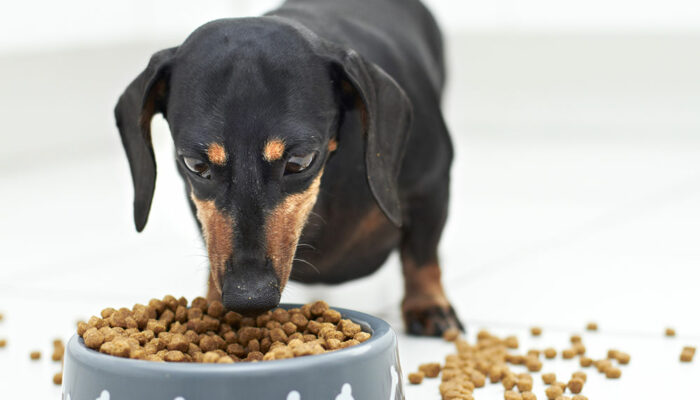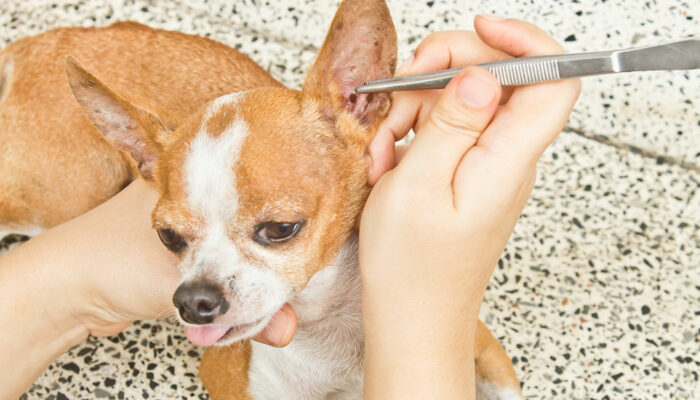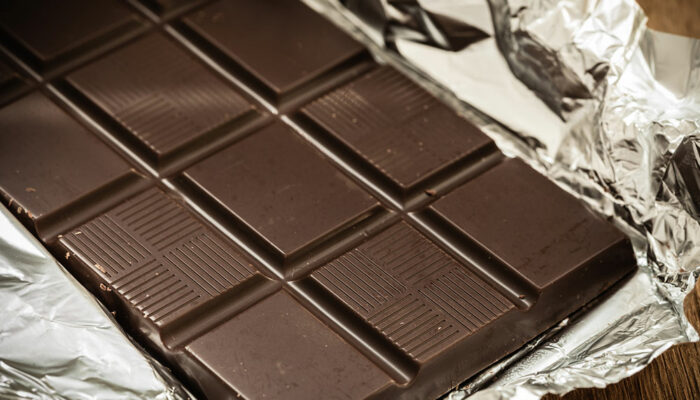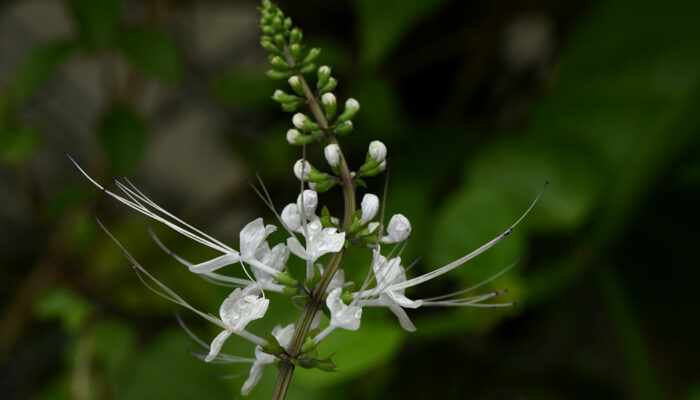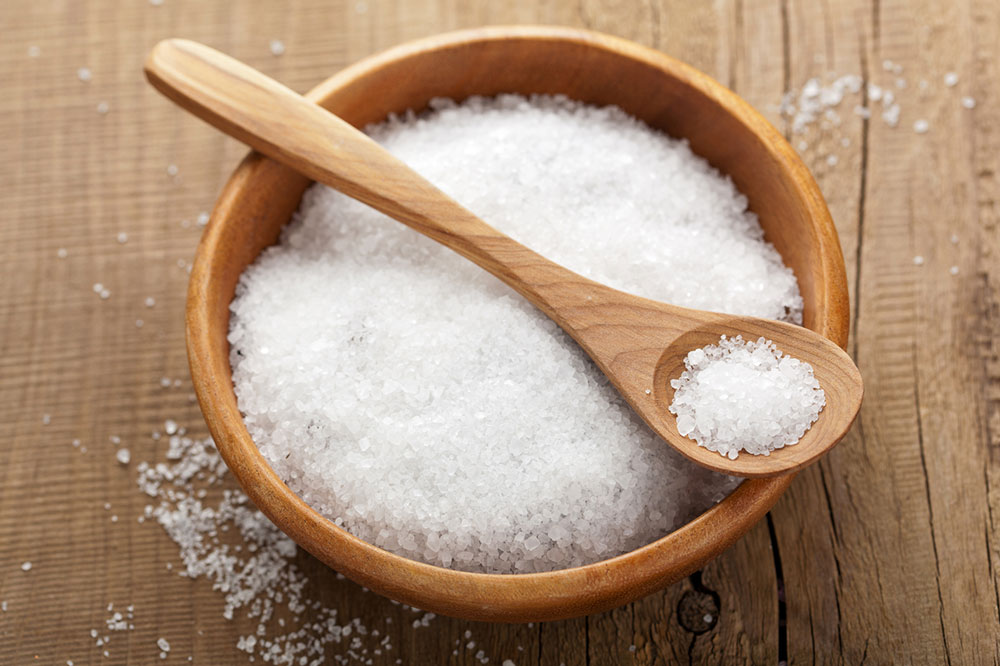
Top Foods that COPD Patients Need to Avoid
One of the most important words of advice given to patients of chronic obstructive pulmonary disease (COPD) is to eat better and maintain a better lifestyle. While a healthy diet will not help cure the condition, it helps keep the symptoms and triggers in check and improves overall health. This enables you to avoid any setbacks as you age or the disease progresses. Besides knowing what to eat, it is essential to know what foods to avoid to keep the symptoms at bay.
Top Foods that COPD Patients Need to Avoid
1. Salt
One of the biggest problems with too much salt or sodium in the diet is that water retention significantly increases in the body, directly impacting your breathing. The best way to avoid problems is to cut down excess salt or eliminate it from your cooking and alternate with herbs and spices to add flavor to your food. It is important to remember that sodium is not just from salt but also from store-bought foods. It is critical to check the labels of the foods you buy to ensure that you are not buying snacks or consuming whole foods with more than 300–600 mg sodium per serving.
2. Certain types of fruits
There are specific fruits that are known to affect COPD patients by triggering bloating and gas. The most common fruits on this list are apples, apricots, melons, peaches, and others that have fermentable carbohydrates. COPD patients must avoid these fruits and pick healthier options such as pineapple, berries, and grapes.
3. Certain types of legumes and vegetables
There are many foods in this category that are known to be problem causers for triggering gas and bloating. Instead of eliminating all problem foods, you need to take note of the ones that are affecting you and your body type. You can pick a few items that you suspect are resulting in worsened symptoms and eliminate them from your diet to see the impact it has. Some of the common vegetables and legumes that cause a problem in a majority of COPD patients are beans, cabbage, Brussels sprouts, cauliflower, leeks, corn, peas, onions, and some lentils.
In addition to these three top foods, other foods that COPD patients have been cautioned to avoid are dairy products, fried foods, chocolate, and certain beverages. It is important to keep yourself sufficiently hydrated throughout the day and the best way to do that is with water. ANy kind of packed juice or drink contains added sugar and other preservatives. When your body is adequately hydrated, then the mucus will thin down and make it a lot easier for you to cough when your lung feels pressured. All other forms of beverages such as alcohol, tea, coffee, sodas, and energy drinks can interfere with the medication that you take as well as stop your body from getting enough hydration.
